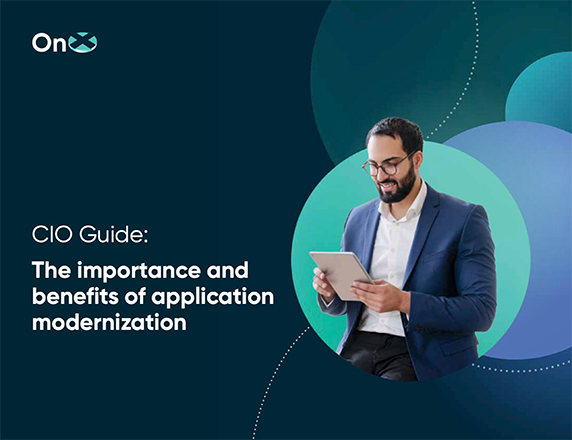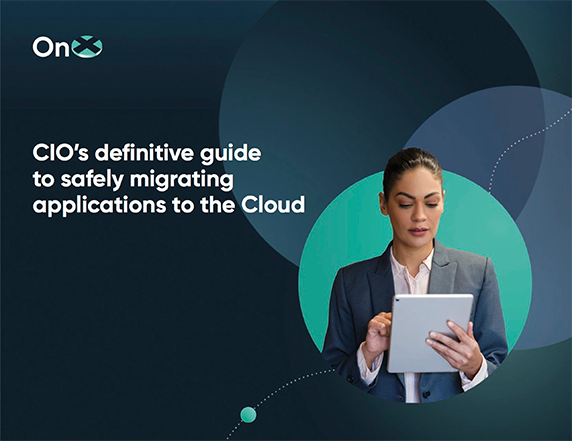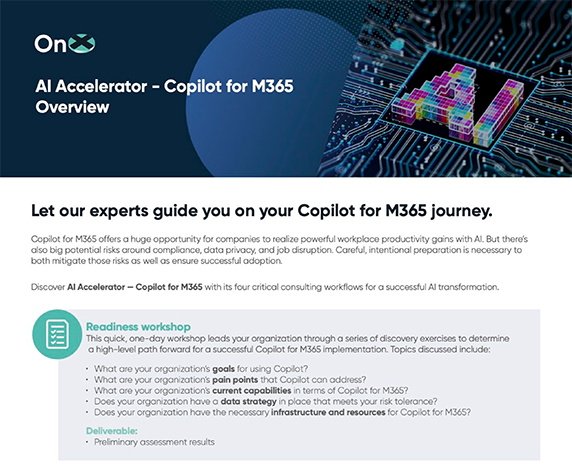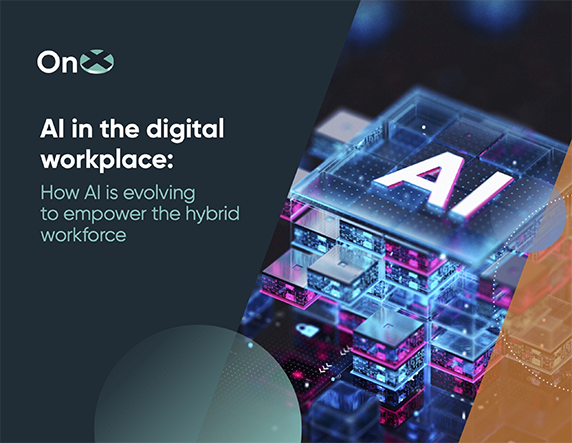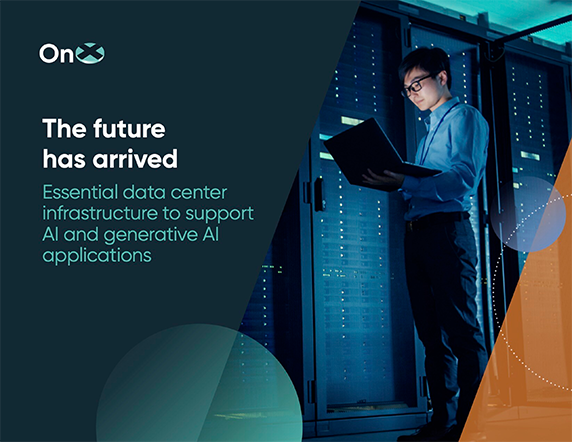
Today’s contact centers are benefiting from the evolution of artificial intelligence (AI). Modern Contact-Center-as-a-Service (CCaaS) platforms are leveraging machine learning and automation tools in a number of ways, including:
- A dedicated support structure.
- Knowledge base services.
- Automated interaction summaries.
- Call scoring.
- Immediate sentiment analysis.
- Instantaneous transcription.
- Automated call categorization.
- Intelligent virtual assistants (IVAs).
Read on to learn more about these features and how AI streamlines contact center functionalities.
Learn more: Retailers turn to AI to improve customer experience
Common contact center obstacles
Certain roadblocks can hinder contact center efficiency, such as inadequate staffing. As with many other industries, contact centers struggle to balance customer demand and the number of employees required to meet that demand. The rise of hybrid workplaces has compounded this situation. Even when work environments are remote, support agents must perform their job duties securely and productively.
Operating a highly functional remote workplace comes with its own set of challenges. Teams must communicate seamlessly despite not sharing a physical workspace, so strong communication resources and the ability to overcome technical challenges are vital.
Another widespread challenge facing contact centers is agent fatigue. Support agents with a large call volume can result in long hold times. The stress of managing call volumes is further exacerbated by caller demands, as well as the key performance indicators that agents must achieve to be successful. These factors can take a mental and emotional toll on agents. Plus, the work is repetitive and doesn’t always offer as many breaks as agents realistically need to be refreshed and ready to take on customer concerns with a positive mindset. Anxiety and job fatigue are sadly common among agents.
AI and automation in today’s contact centers
A versatile strategy is a must for tackling such issues. For example, technology solutions like interactive voice response (IVR) systems, AI-powered chatbots, and advanced call routing can efficiently decrease both call numbers and agent anxiety levels. In addition, agents should also be offered a comprehensive support structure that addresses their mental and emotional well-being, continuous training, and well-defined career advancement prospects.
The move to hybrid workplaces also requires communication solutions that are dependable and secure and enable collaboration, allowing agents working remotely to effectively and efficiently engage with each other and with customers.
AI and automation can be used to support human agents in today’s contact centers. Real-time sentiment analysis gauges agent stress levels at any time so that their supervisors can offer a break or strategize the call-forwarding appropriately.
Read: Bolstering productivity at work: Strengthening the digital workplace with embedded AI
How AI and automation support CCaaS operations
AI “listens in” on calls to achieve specific objectives.
- AI categorizes calls, anticipates the subject matter to be discussed on upcoming calls, and enables supervisors to identify call patterns.
- AI provides suggested responses that can assist agents in resolving customer concerns.
- AI encourages agents to cross-sell or upsell customers when they reference another or a related product or service.
- AI automatically scores calls to alert supervisors when agents may benefit from job coaching.
- AI auto-transcribes and summarizes calls and provides an action list for follow-up.
Understanding IVA and chatbots
Contact centers are experiencing a rapid evolution as companies require them to serve all communication platforms, from e-mail and social media to text and web chat. The future of chatbots will include self-service solutions for all channels, taking some of the pressure off agents.
Chatbots are also transitioning to become IVAs, enabled by natural language understanding (NLU) technology, AI, and automation. These solutions enhance the understanding of and responses to customer needs. An essential distinction between IVA and chatbots is that traditional chatbots can operate on the web, but IVAs are embedded throughout all channels, even social media.
Because of comparable AI technology, IVR is managing more elaborate consumer voice requests to decrease the call center’s total number of calls.
Securing AI tools used by contact centers
Contact centers use cutting-edge authentication solutions like advanced voice biometrics to defend against cyber threats such as voice deep fakes. Voice biometrics are also deployed in sectors that face stringent federal and local compliance standards, including finance, governmental organizations, and healthcare.
Authentication is a safety measure that uses past calls to compare the caller’s number and voice. The caller is granted access when both features match past calls. Voice biometrics considers several different pieces of data, including the caller’s voice intonation, a number of proprietary signatures, and the caller’s audio wave print or sound quality, all identifying markers of the caller’s voice.
Also read: Transforming the digital workplace with AI
Preparing for tomorrow’s contact center
Streamlining contact center operations requires both advanced technology and agent support. With an unwavering response to these issues, contact centers can improve their teams’ productivity, customer satisfaction, and working conditions. AI and automation are effective additions to the contact center toolkit used by supervisors and administrators, empowering them to prioritize agents’ well-being, address staffing levels, and maximize efficiency while keeping resource consumption down.
AI will undoubtedly usher contact centers into a new solutions era. As AI and automation progress and become increasingly omnipresent, call centers will transform to support omnichannel platforms. We may one day see contact centers calling customers proactively or operating without human agents.
With the proper support, you can set your operation up for future success—regardless of how the industry evolves. The OnX team is not new to AI and has guided clients through digital transformations for more than four decades.
Contact us for more information on our AI readiness evaluation.

